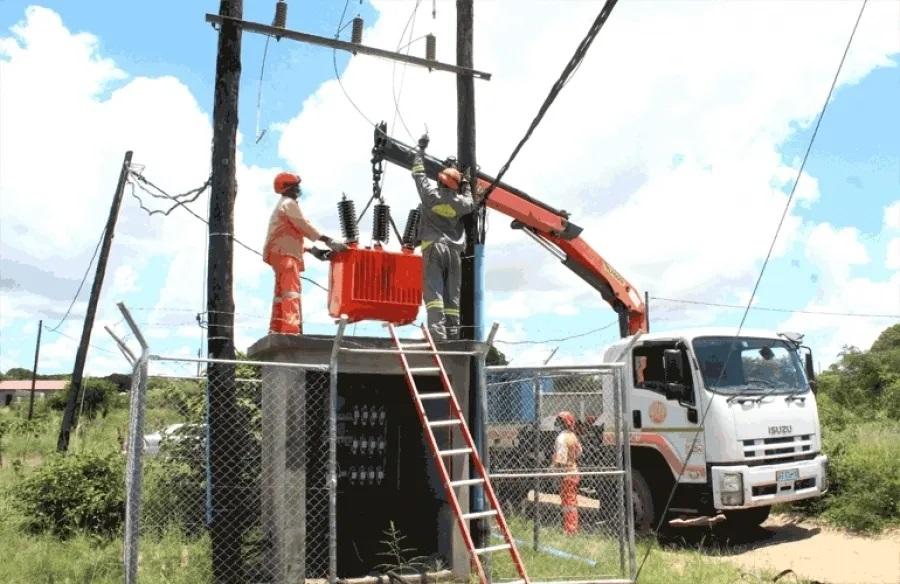Africa-Press – Mozambique. Public utility Eletricidade de Moçambique (EDM) announced on Thursday the partial restoration of power to Mocímboa da Praia, the port town in Cabo Delgado that was recaptured from rebel groups in August.
After an outage lasting about one year, electricity from the national grid again flowed to the Defence and Security Forces base, with interventions currently taking place in the town’s infrastructure so that the rest of the low-voltage grid can be connected.
EDM rebuilt 45 kilometres of power line from the Awasse substation to the town and is keeping to the recovery plan announced in early September during a visit to the site by the Minister of Mineral Resources and Energy, Max Tonela.
“By the end of the month, Mocímboa da Praia and Palma [the home of the province’s natural gas projects, which was attacked in March] should have energy again,” he said.
Mocímboa da Praia was occupied by insurgents for a year, up until early August, when it was retaken by Mozambican and Rwandan forces, which, together with Southern African Development Community (SADC) troops, are turning the tide in favour of state forces.
The Mozambican government estimates that districts affected by armed violence need US$11 million (€9.2 million) in investment for emergency replacement of the electricity grid.
In addition to that amount, the Awasse substation alone (from where all the grid energy is distributed) requires repairs in the order of US$10 million (€8.4 million).
The reconnection of the mobile telecommunications network depends in turn on the distribution of electricity to the districts affected by the armed insurgency.
On Tuesday, a session of Mozambique’s Council of Ministers approved a reconstruction plan for Cabo Delgado for the period 2021-24, details of which were sent to launch ceremonies to be held shortly.
The province is rich in natural gas, but has been terrorised since 2017 by armed rebels, with some attacks claimed by the Islamic State extremist group.
The conflict has cost more than 3,100 lives, according to the ACLED conflict registration project, and displaced more than 817,000 residents, according to Mozambican authorities.






